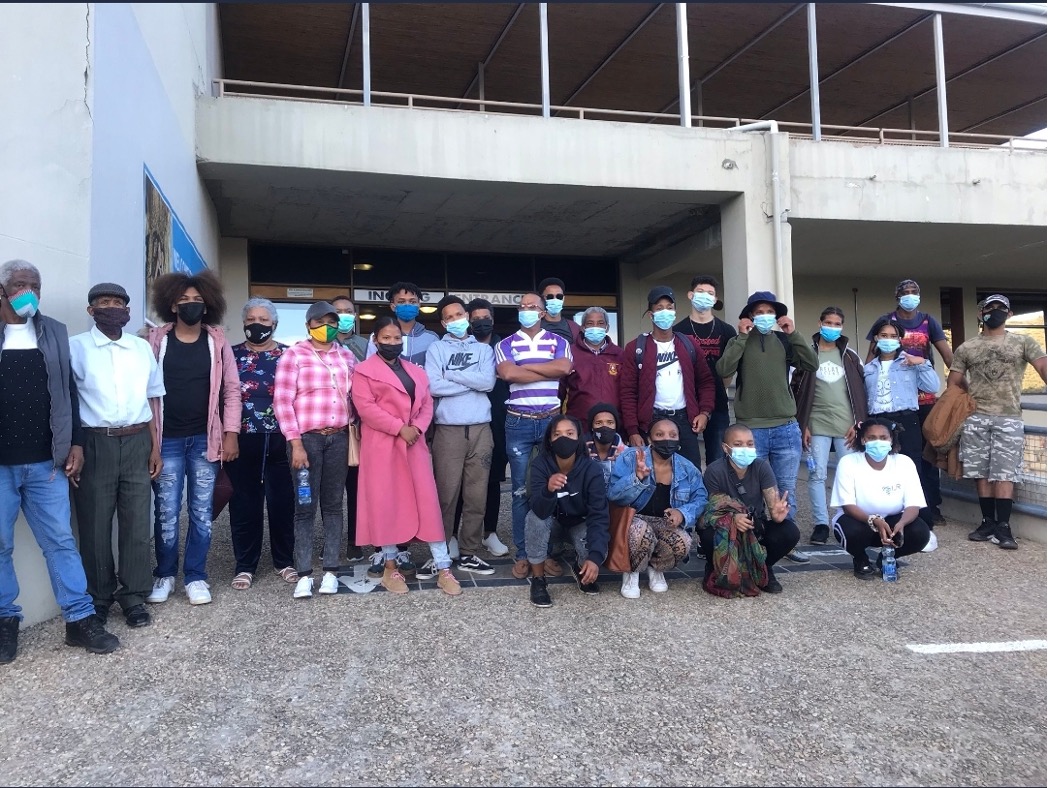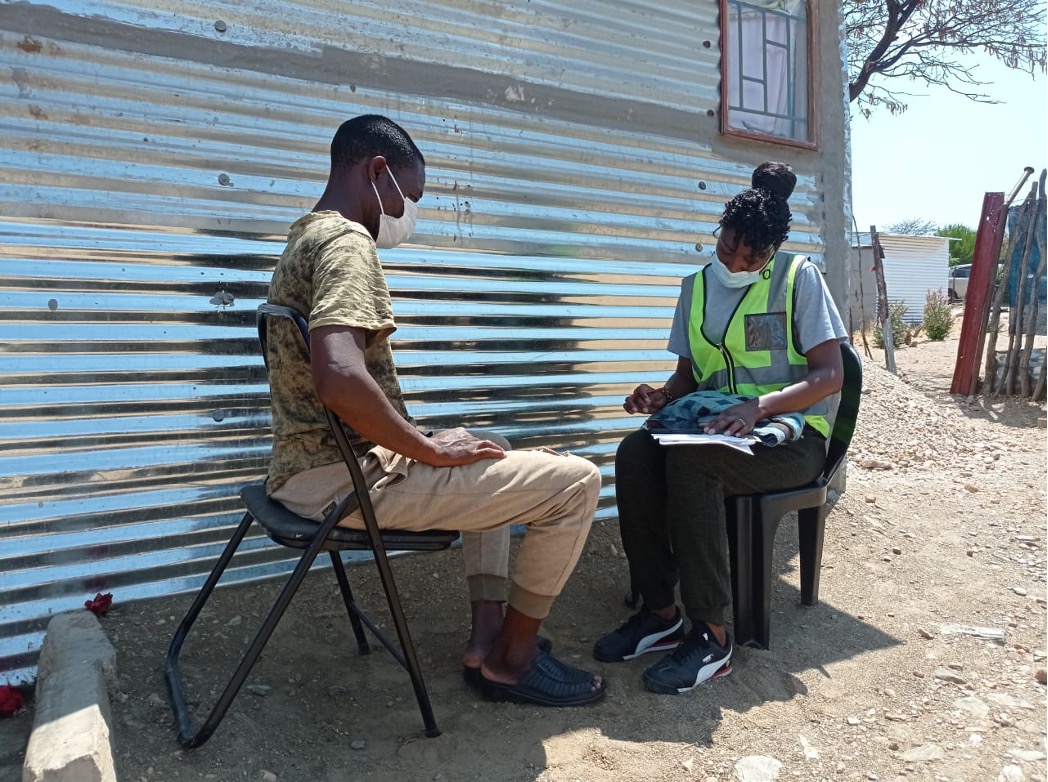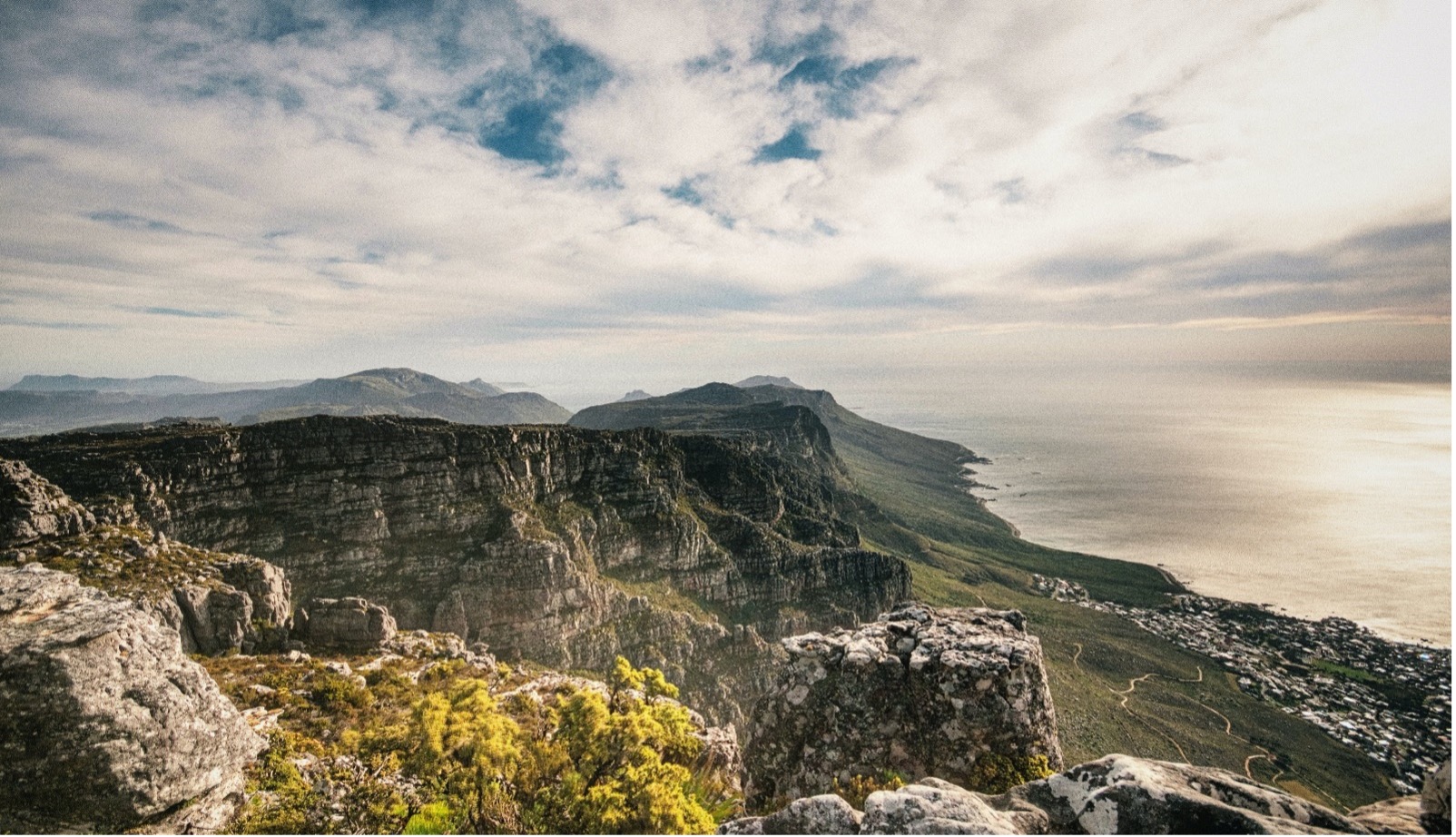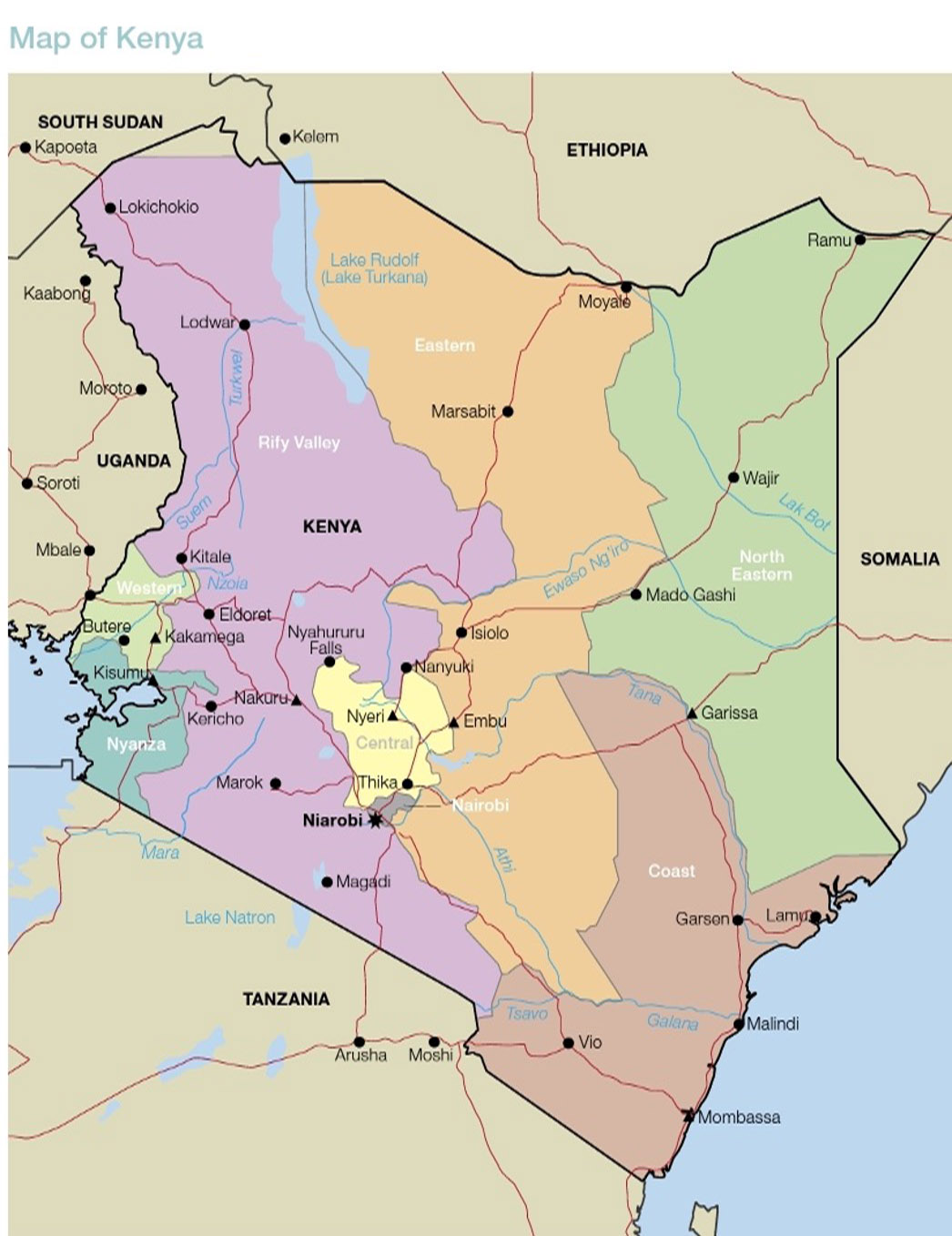News Release: Public confidence in institutions and representatives is declining, according to upcoming SA Reconciliation Barometer report
South Africans’ confidence in public institutions and elected representatives has declined in 2021, according to the upcoming South African Reconciliation Barometer (SARB) report.










